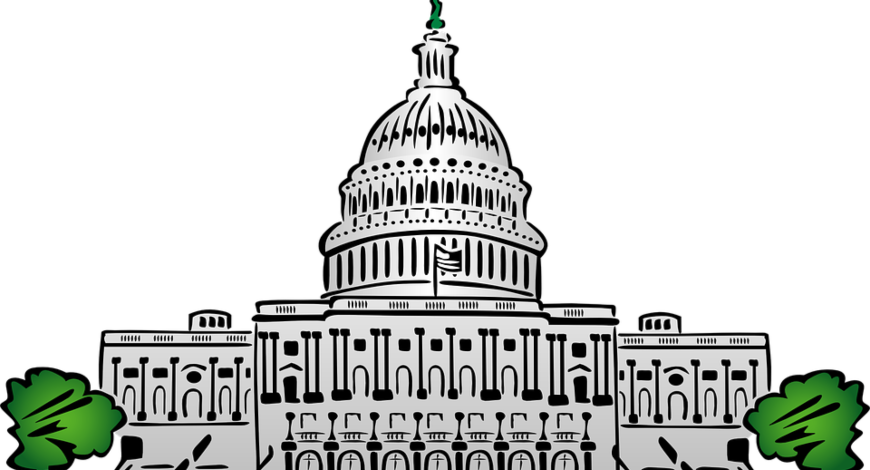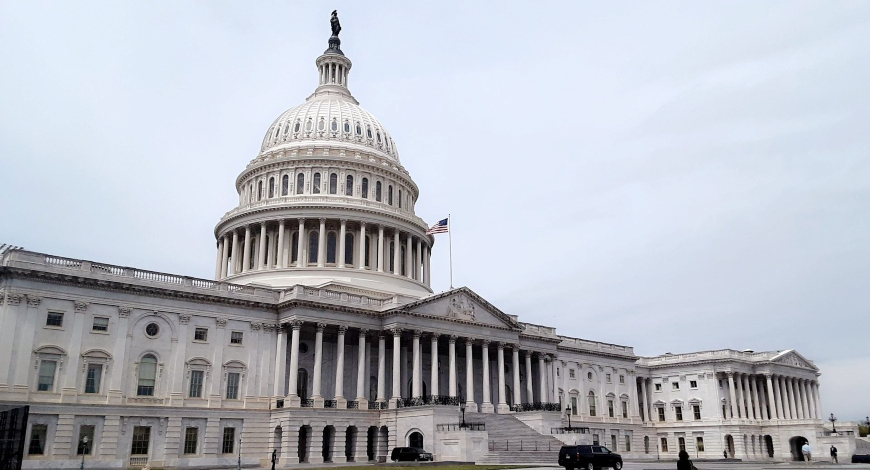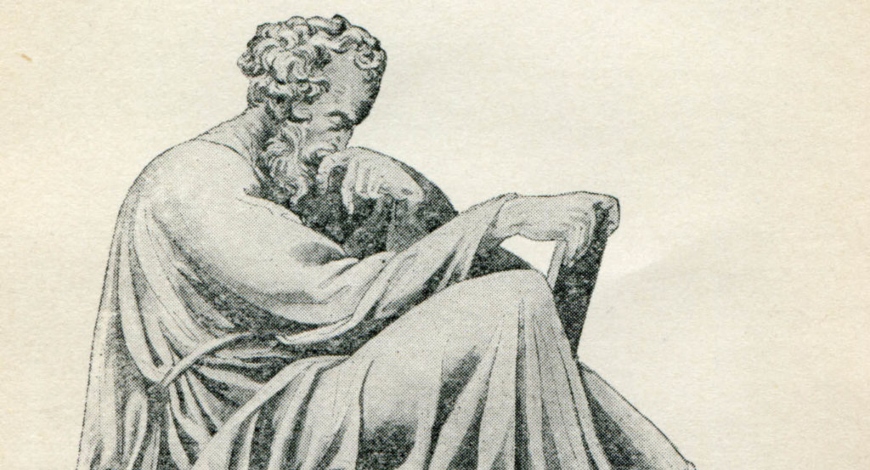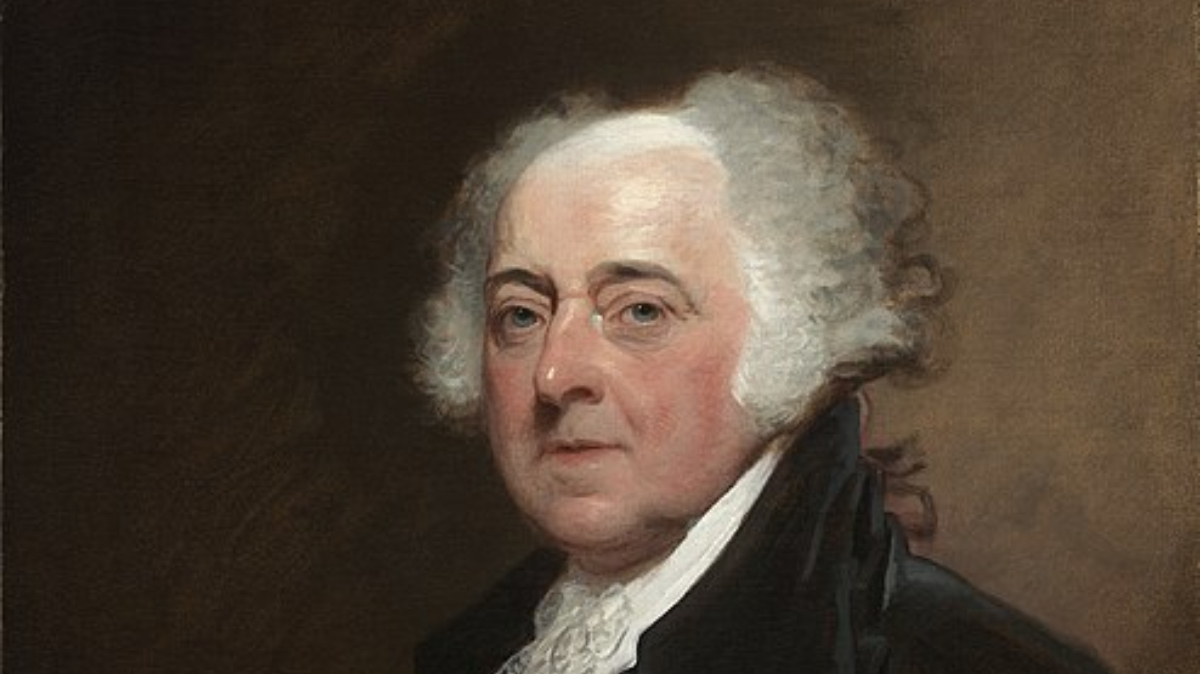The next school year will start and, if you’re like me, you have no idea what it’s going to look like. But let’s imagine… You’re finished with the rules and procedures and expectations for the year. You’re ready to set …
The College Board has designed specific Essential Questions to underpin each of the five broad content categories: Foundations, Interactions Among Branches of Government, Civil Rights and Civil Liberties, American Political Ideologies and Beliefs and Political Participation. Here they are: Category: …
Below are 16 topics, each of which includes: A sample essential question which introduces the prompt A draft prompt including three founding documents that could help shape the students’ arguments. Each prompt is crafted to encourage deep analysis and aligns …
The events of January 6th afford the opportunity to take on the issue of media censorship. Individual companies like Twitter are taking action to censor speech. Those companies are not obligated to protect 1st Amendment freedoms in the same way …
From the historic March on Washington to the streets of Charlottesville, and into the opening ceremonies of football games, we see people and groups fighting against intolerance to promote a more peaceful, just society. But wait… Can intolerance be a …
Seems counter-intuitive to me. But maybe I’m missing something. Inspired by stoic philosopher Epictetus, here’s how you can work through the 3-Step conversation method to create an essential question for a US history unit on imperialism.
Roscoe Pound, former dean of Harvard Law School, famously said “The law must be stable but must not stand still.” Designers of the Supreme Court comparison FRQ for the AP government exam must have been listening. Consistent with the expectations …
Here’s an idea for how to combine a good classroom conversation with the writing of an argumentative essay FRQ on executive orders. Procedure: Tell students to submit answers to this Google form 2-3 days before the conversation. On the form …








